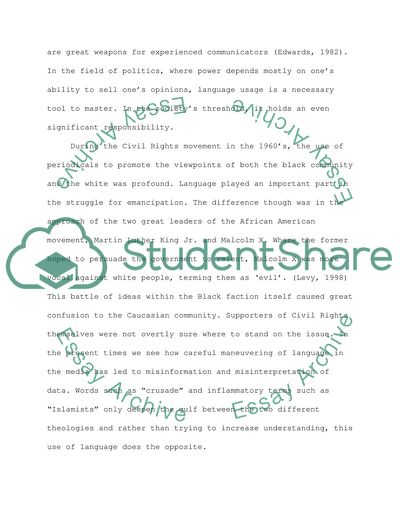Cite this document
(Has Technology Affected the Way Journalism Operates Essay - 6, n.d.)
Has Technology Affected the Way Journalism Operates Essay - 6. Retrieved from https://studentshare.org/technology/1711299-essay
Has Technology Affected the Way Journalism Operates Essay - 6. Retrieved from https://studentshare.org/technology/1711299-essay
(Has Technology Affected the Way Journalism Operates Essay - 6)
Has Technology Affected the Way Journalism Operates Essay - 6. https://studentshare.org/technology/1711299-essay.
Has Technology Affected the Way Journalism Operates Essay - 6. https://studentshare.org/technology/1711299-essay.
“Has Technology Affected the Way Journalism Operates Essay - 6”, n.d. https://studentshare.org/technology/1711299-essay.


